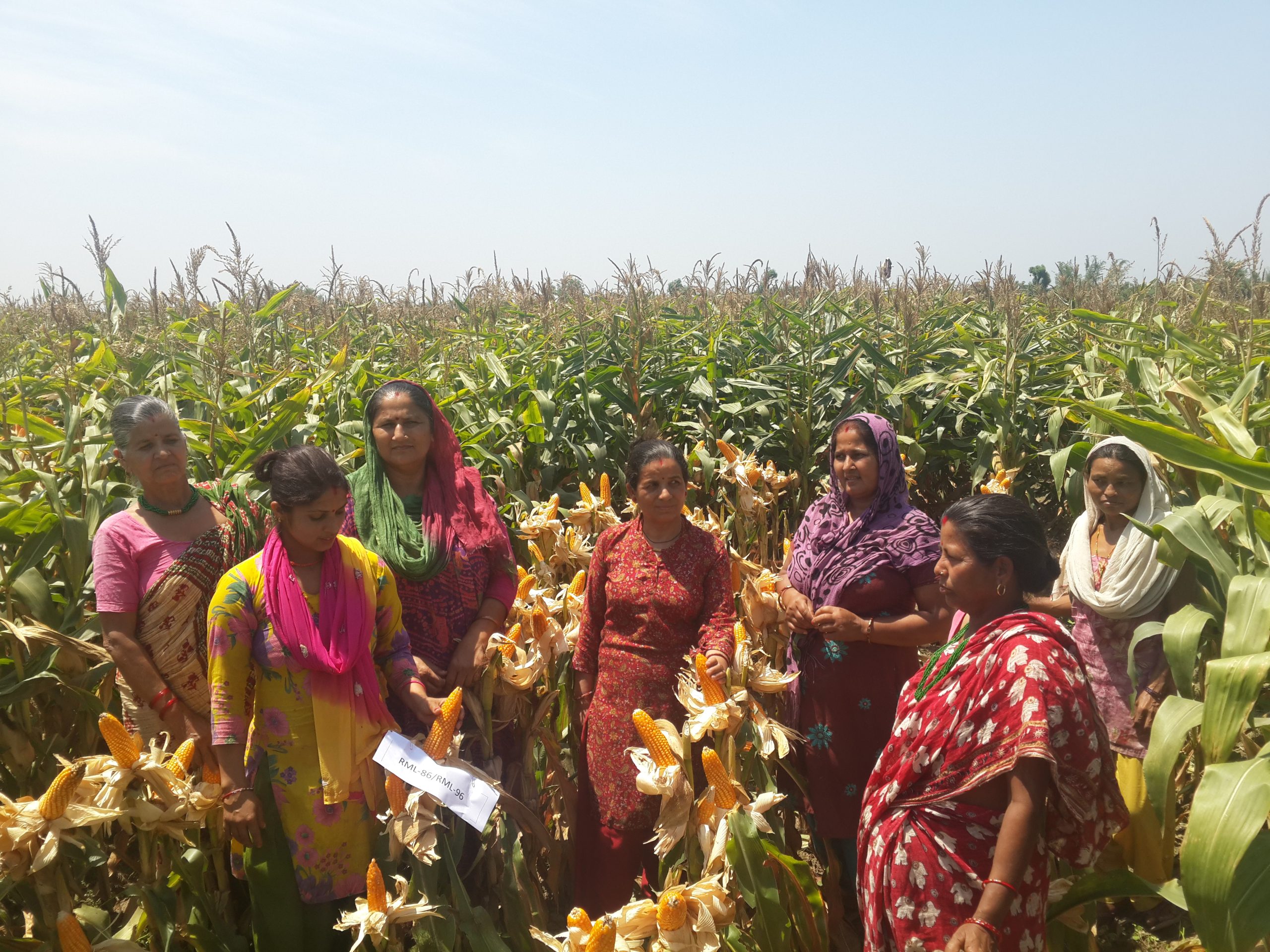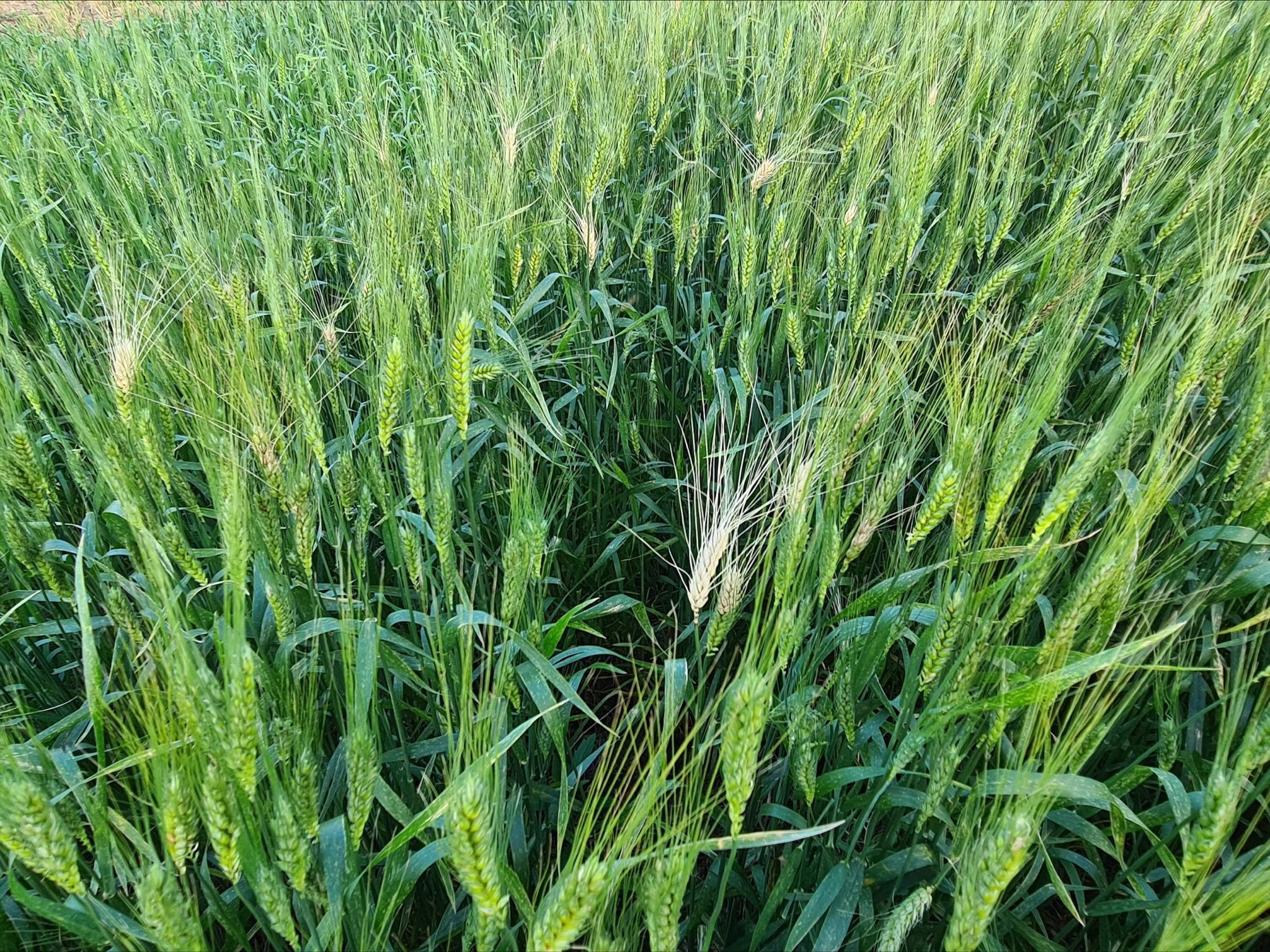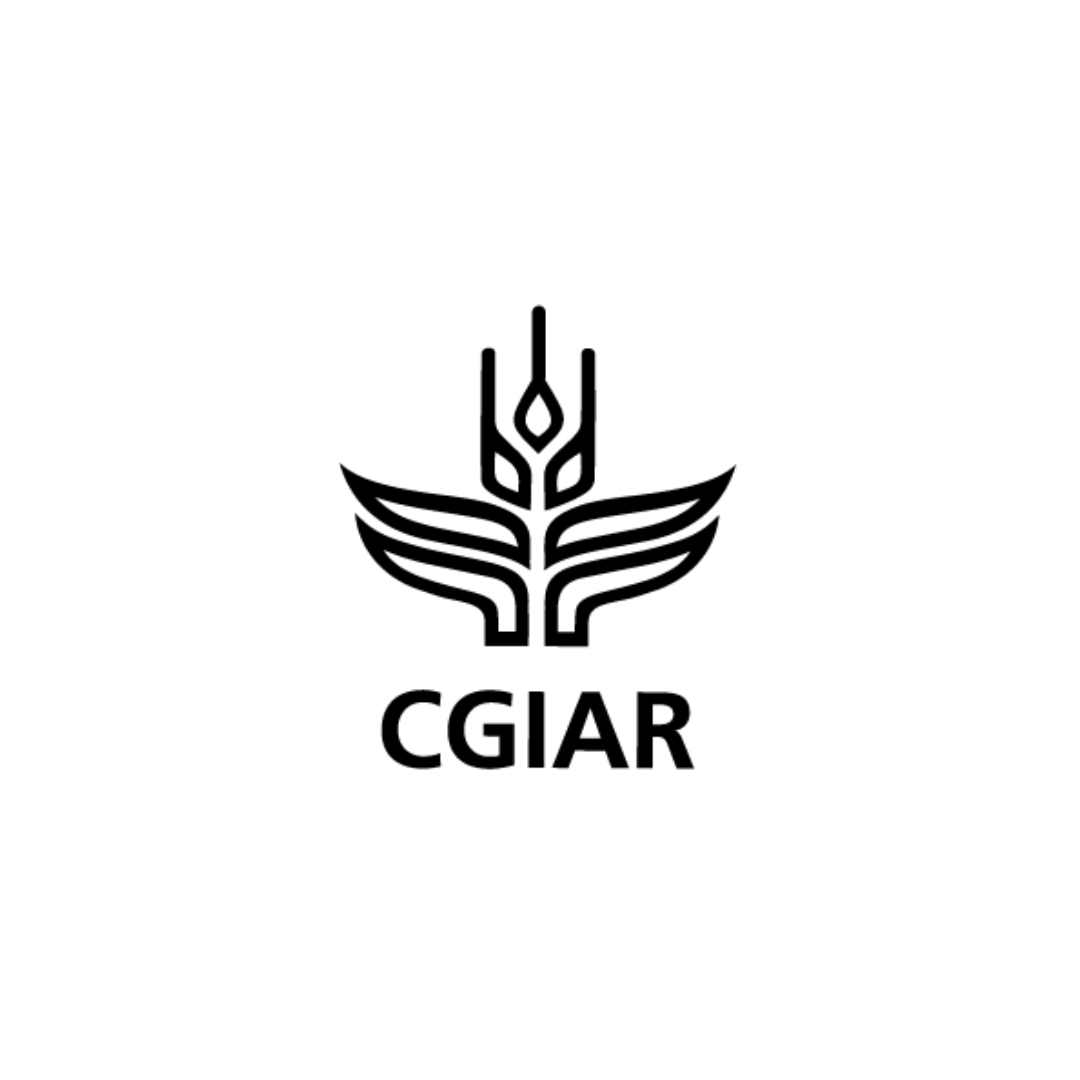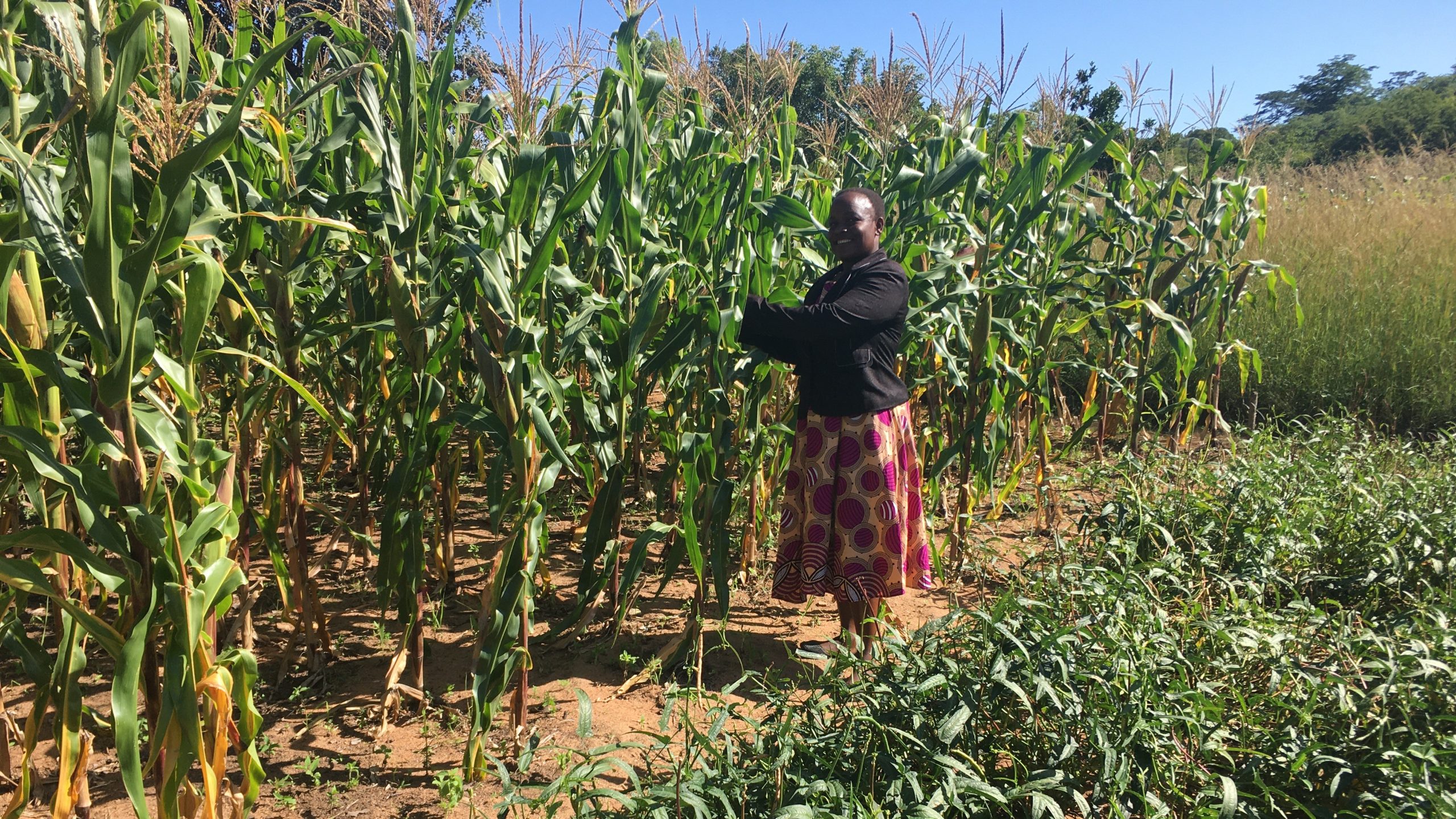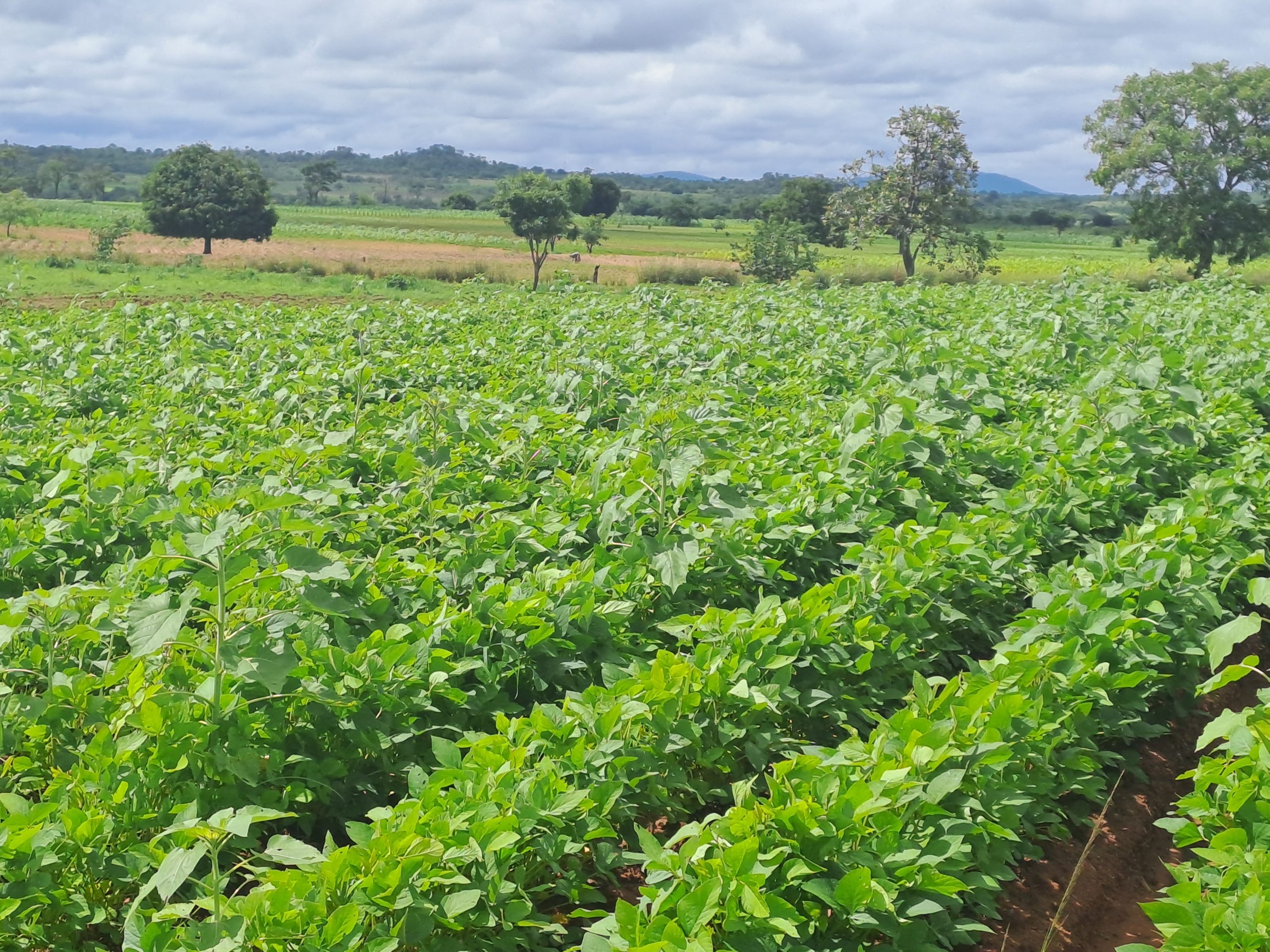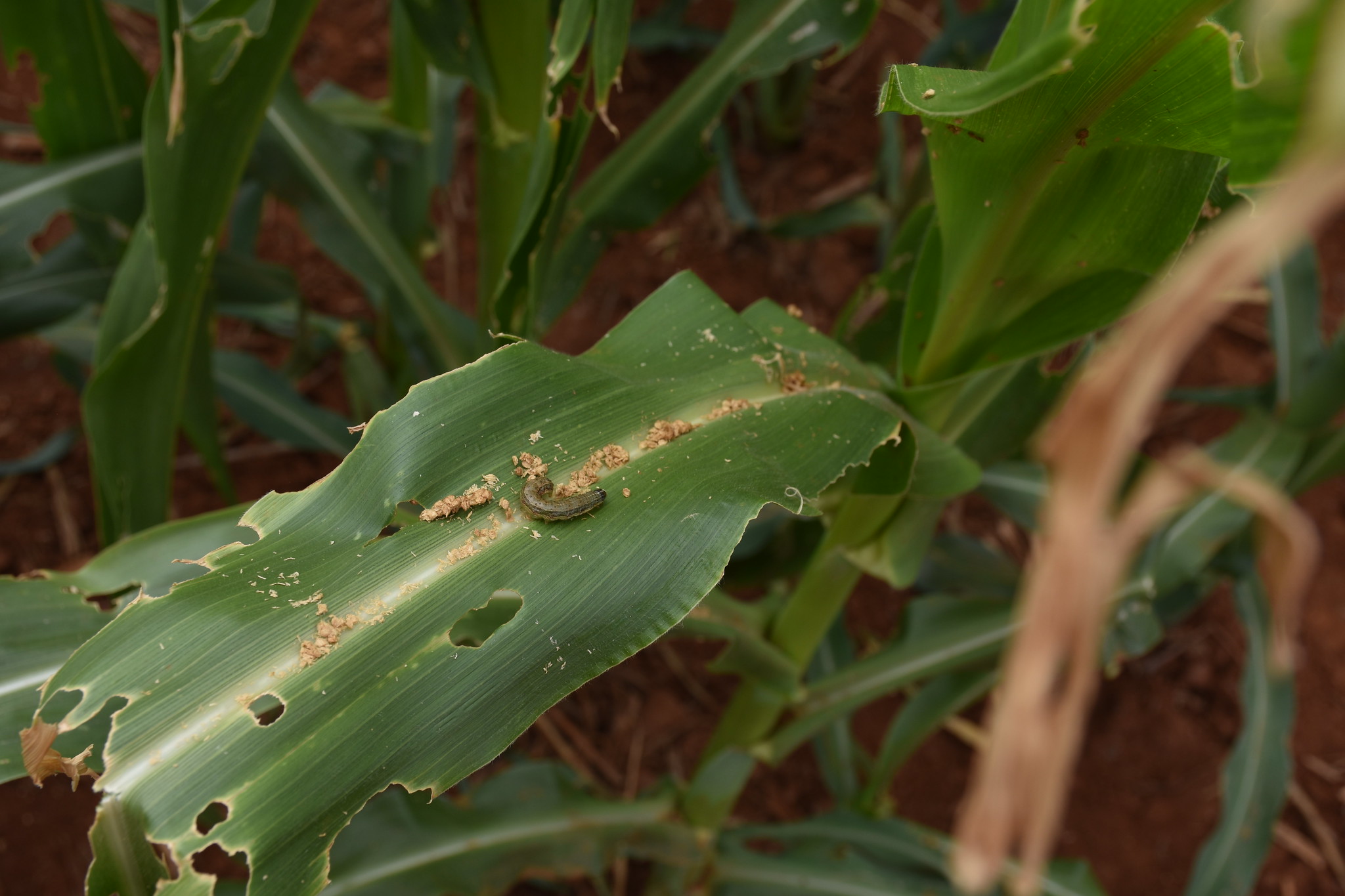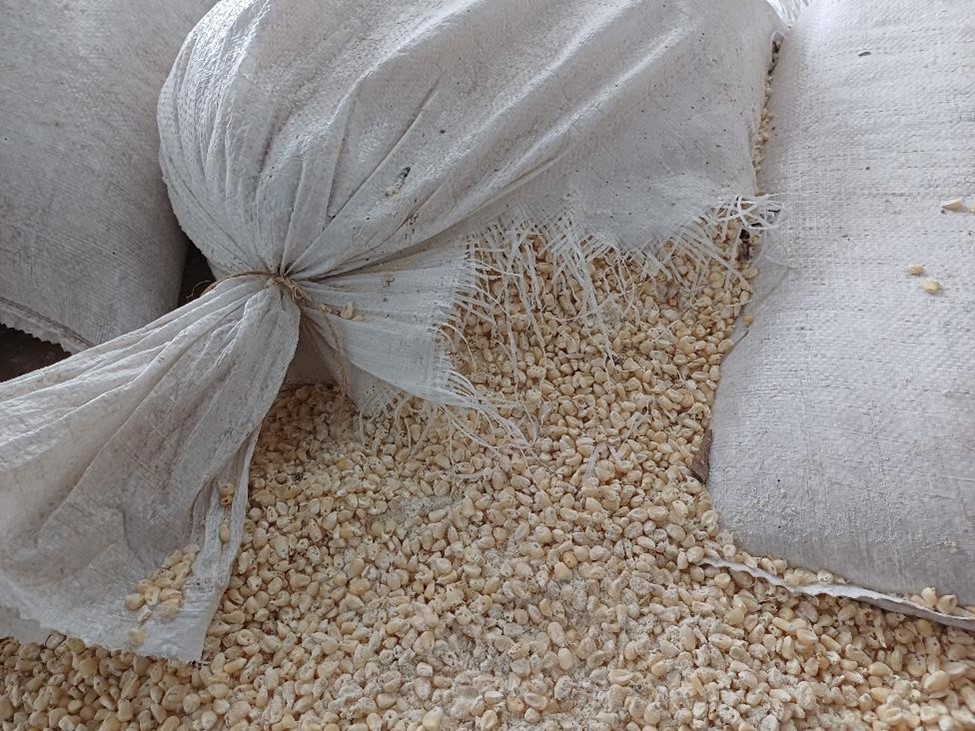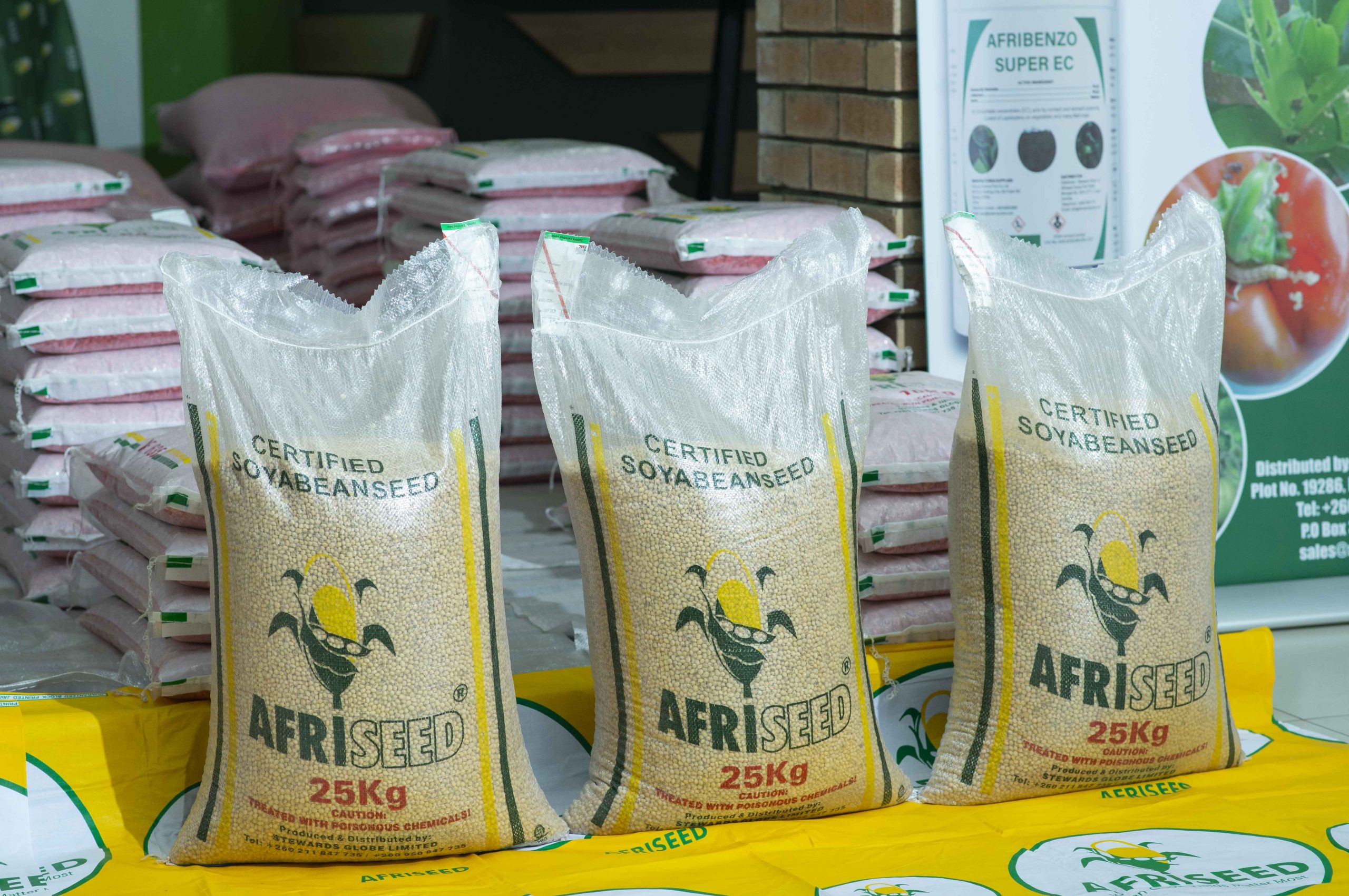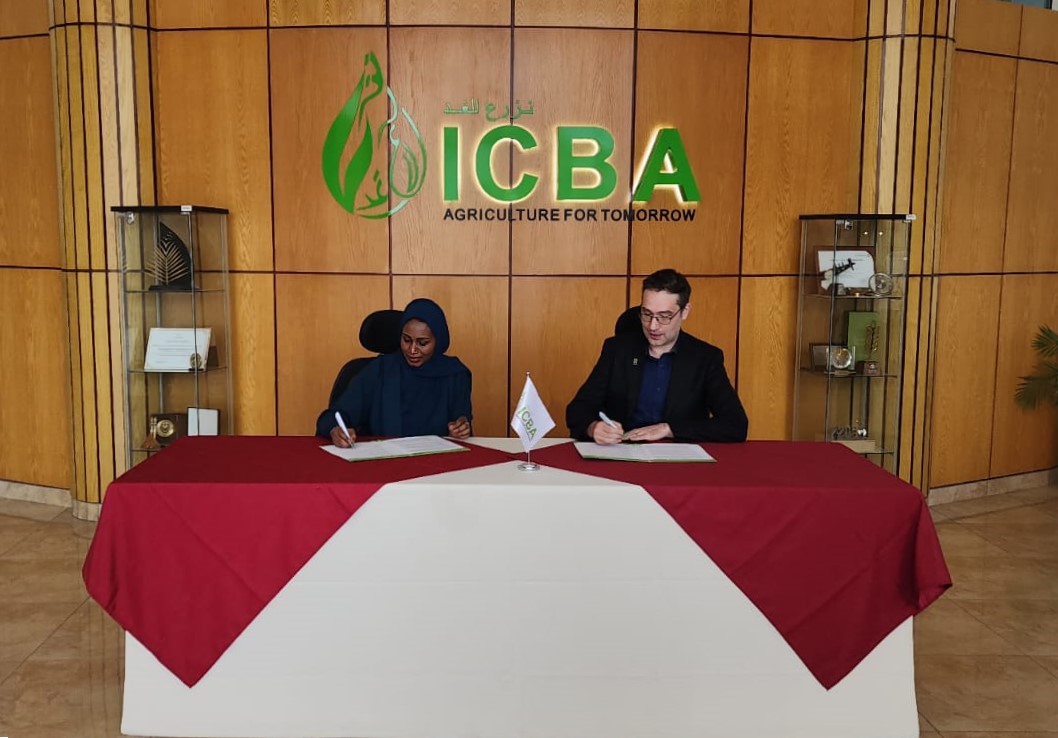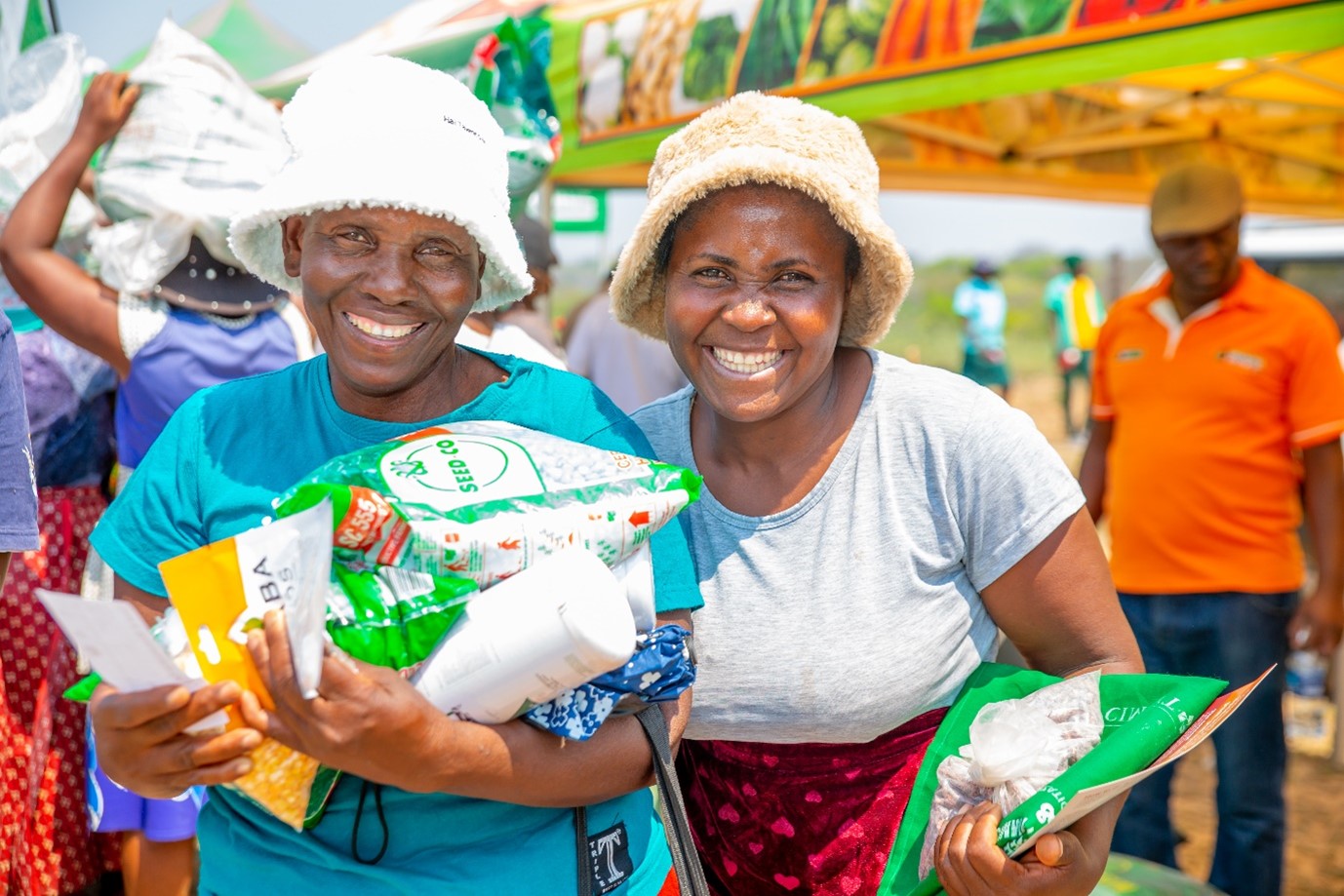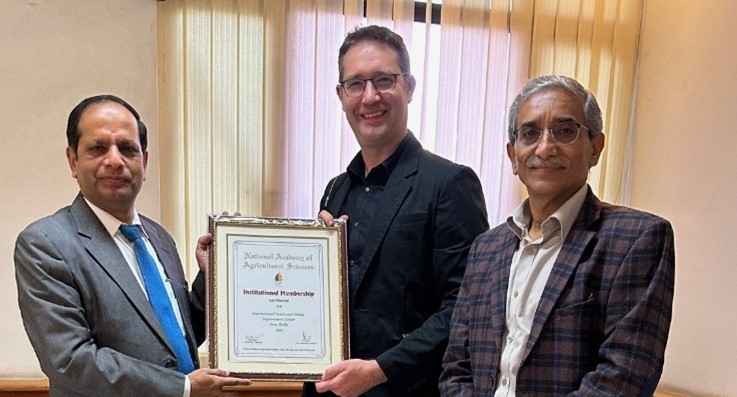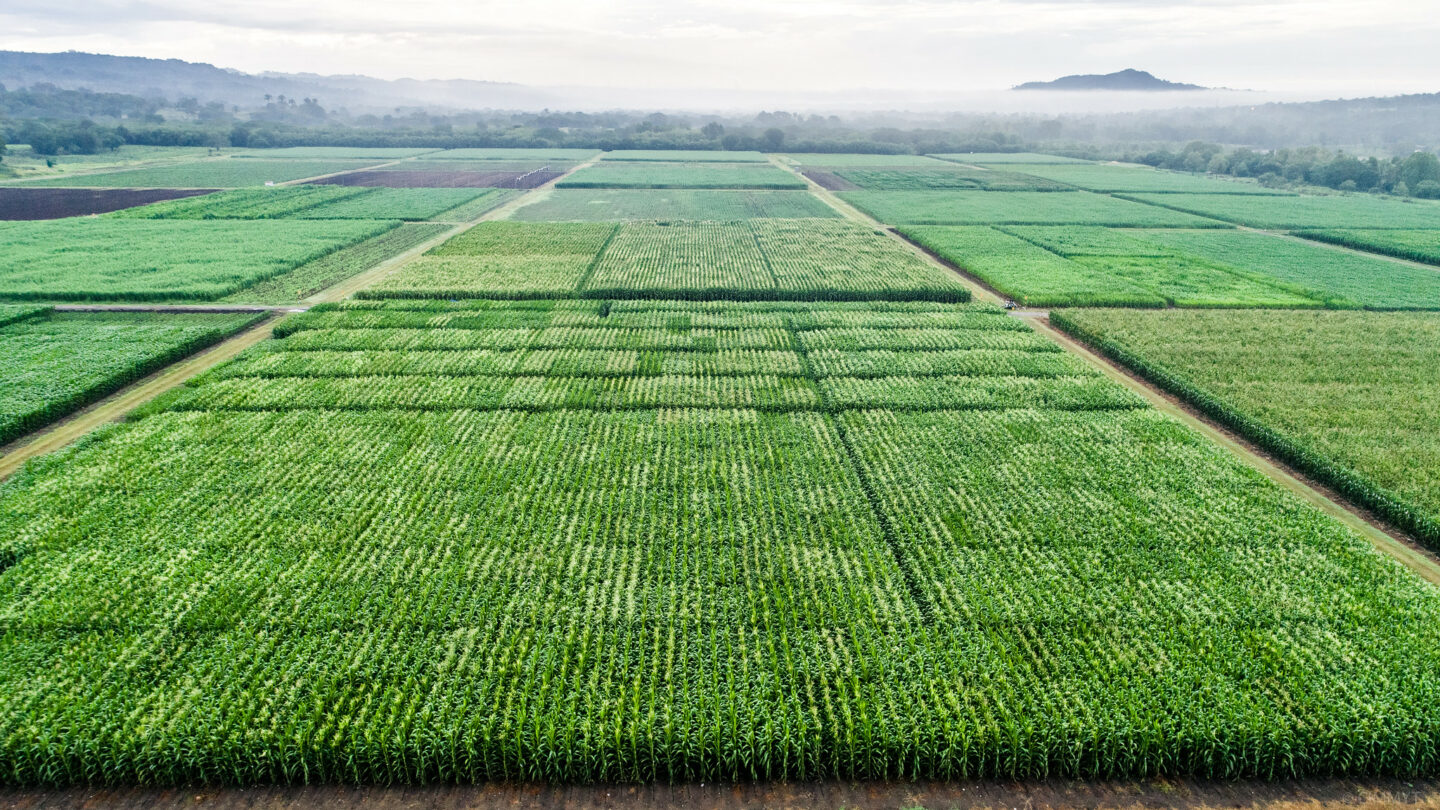Climate adaptation and mitigation
Climate change threatens to reduce global crop production, and poor people in tropical environments will be hit the hardest. More than 90% of CIMMYT’s work relates to climate change, helping farmers adapt to shocks while producing more food, and reduce emissions where possible. Innovations include new maize and wheat varieties that withstand drought, heat and pests; conservation agriculture; farming methods that save water and reduce the need for fertilizer; climate information services; and index-based insurance for farmers whose crops are damaged by bad weather. CIMMYT is an important contributor to the CGIAR Research Program on Climate Change, Agriculture and Food Security.
Heat tolerant maize hybrids: a pursuit to strengthen food security in South Asia
 Climate adaptation and mitigation
Climate adaptation and mitigation
CIMMYT’s systematic and targeted breeding strategy in South Asia helped develop 20 high yielding and heat-stress tolerant maize hybrids. The ongoing efforts strengthens the livelihood of farm families who are highly vulnerable to climate change in the Asian tropics.
Wheat blast spread globally under climate change modeled for the first time
 Climate adaptation and mitigation
Climate adaptation and mitigation
Climate change: fungal disease endangers wheat production.
Transforming Agriculture: A Day in Cambodia with Wanjiku Guchu
 Climate adaptation and mitigation
Climate adaptation and mitigation
Source: CGIAR ()
CIMMYT contributes significantly to the global Excellence in Agronomy Initiative, focusing on sustainable agriculture and climate adaptation.
Soybean rust threatens soybean production in Malawi and Zambia
 Climate adaptation and mitigation
Climate adaptation and mitigation
Soybean production in sub-Saharan Africa is expected to grow by over 2% per annum to meet the increasing demand. However, as production increases, significant challenges caused by diseases, pests, declining soil fertility, and other abiotic factors remain.
Tackling fall armyworm with sustainable control practices
 Capacity development
Capacity development
Adopting sustainable and ecofriendly agricultural practices, sharing valuable knowledge, and providing farmers with effective tools and techniques can help mitigate the impact of fall armyworm in Zimbabwe.
Examining how insects spread toxic fungi
 Climate adaptation and mitigation
Climate adaptation and mitigation
CIMMYT leads international collaboration to monitor invasive pests attacking post-harvest crops and the propagation of toxic fungi.
Afriseed: How improved legume seed can help transform Zambia’s agrifood systems
 Climate adaptation and mitigation
Climate adaptation and mitigation
Afriseed and AID-I are helping smallholder famers in Zambia transition to improved, high-yielding legumes.
Every drop of water matters: Leading global research institutes ally to aid farmers in dry and saline ecosystems
 Capacity development
Capacity development
Two world-class research-for-development centers will work to raise food production and livelihoods in croplands where water is the defining constraint.
Transforming rural agriculture with improved seed and mechanization
 Capacity development
Capacity development
Attended by over 1,300 smallholder farmers, the fourth edition of the CIMMYT seed and mechanization fairs held in Mwenezi and Masvingo districts linked farmers with private sector companies.
What do we know about the future of agri-food systems in Central and West Asia and North Africa (CWANA)?
 Climate adaptation and mitigation
Climate adaptation and mitigation
Source: CGIAR ()
cCIMMYT’s research and development efforts are critical in addressing the environmental and socio-economic challenges of agriculture in CWANA.
Delivering the best seeds to farmers in Zambia
 Capacity development
Capacity development
A seed fair in Zambia brings together farmers to explore climate-smart seed systems.
CIMMYT-BISA-ICAR partnership brings huge benefits in South Asia
 Climate adaptation and mitigation
Climate adaptation and mitigation
In 2011, CIMMYT and ICAR committed to agricultural development in South Asia with the creation of BISA. Since then, BISA has increased crop yields, developed hardy wheat varieties and championed environmental health.
How CGIAR maize breeding is improving the world’s major staple crop for tropical regions
 Climate adaptation and mitigation
Climate adaptation and mitigation
Maize breeding innovations by CIMMYT, the International Institute of Tropical Agriculture (IITA), and CGIAR’s Accelerated Breeding Initiative, will deliver climate-resilient and nutritionally enriched maize varieties for farmers and consumers.
The Landscape of Agricultural Biotechnology
 Climate adaptation and mitigation
Climate adaptation and mitigation
Source: Technology Works (18 Dec 2023)
Kevin Pixley explores the impact of genetic engineering on resilient crop varieties
